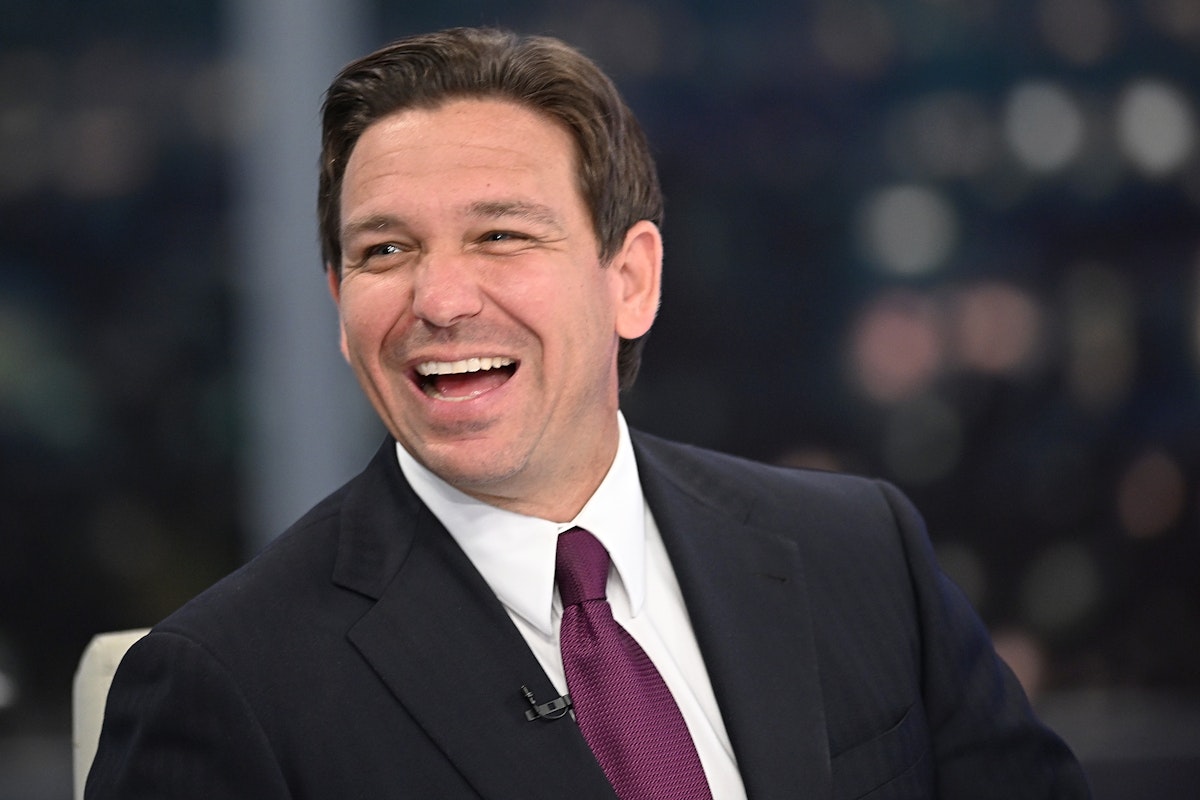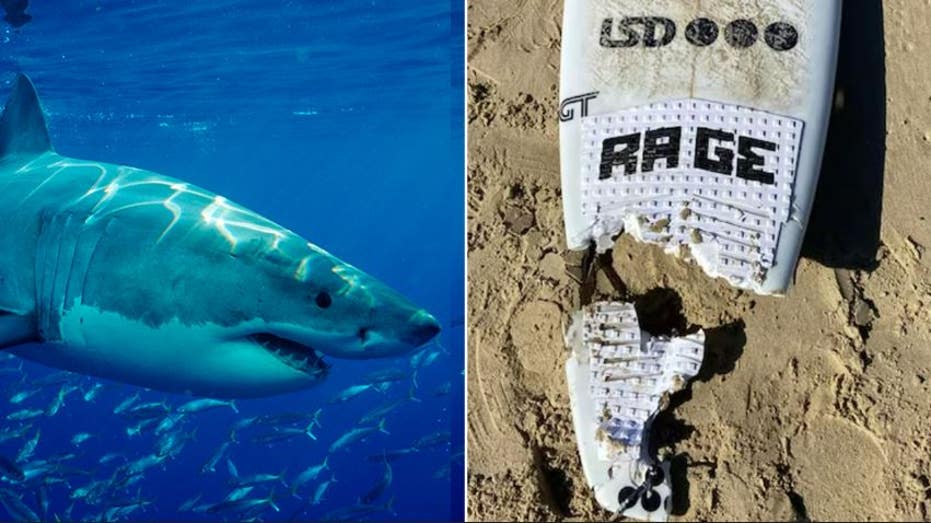Judge Tosses Disney Lawsuit, Greenlights Ron DeSantis Retaliation
A Trump-appointed judge effectively handed Florida Governor Ron DeSantis the keys to Disney World on Wednesday, ruling that the governor’s choice to dissolve the company’s special tax district and personally appoint every member of its new local governing body was “facially constitutional.”U.S. District Judge Allen Winsor, in an order issued on Wednesday, found that the entertainment behemoth “lacks standing to sue the governor,” specifying that the drama around the Central Florida Tourism Oversight District, or CFTOD, formerly known as the Reedy Creek Improvement District, could not be challenged with a free speech claim.The lawsuit, which was filed by Disney in April, accused DeSantis of weaponizing his political position to punish the company for speaking out in disagreement after the state in 2022 passed the so-called “Don’t Say Gay” law banning the discussion of sexual orientation and gender identity in public schools. In a statement released the same day DeSantis signed the controversial bill, Disney said it would remain committed to supporting organizations that would help repeal the law or bring legal challenges against it.But DeSantis didn’t like that, arguing that Disney’s statement had “crossed the line” and that he would “fight back.” Pointing to DeSantis’s own memoir, which was released last spring, Disney claimed that the Florida governor had attempted to punish the company for exercising its right to free speech, citing sections of his book that pegged the media conglomerate as “pledging a frontal assault” on the state of Florida, after which “things got worse for Disney.”But according to Winsor’s ruling, Disney “has not alleged any specific actions the new board took (or will take) because of the governor’s alleged control” and “has not alleged any specific injury from any board action.”“Its alleged injury … is its operating under a board it cannot control,” Winsor wrote. “That injury would exist whether or not the governor controlled the board.”“To the extent the Governor contributed to Disney’s injury by appointing CFTOD board members, that action is in the past,” the order read. “Because Disney seeks injunctive relief, it must allege an imminent future injury, and it has not alleged facts showing that any imminent future appointments will contribute to its harm.”“At the end of the day, under the law of this Circuit, ‘courts shouldn’t look to a law’s legislative history to find an illegitimate motivation for an otherwise constitutional statute,’” Winsor added, effectively dismissing the entire premise of Disney’s case.DeSantis’s office glibly celebrated the win, with his press secretary, Jeremy Redfern, calling it an end to the “corporate kingdom.”“This ruling finally ends Disney’s futile attempts to control its own special government and receive benefits not available to other businesses throughout the state,” the press release said.But Disney vowed its great adventure against the state wasn’t over, promising in a statement that it would continue the legal battle.“This is an important case with serious implications for the rule of law, and it will not end here,” a Disney spokesperson told CNN. “If left unchallenged, this would set a dangerous precedent and give license to states to weaponize their official powers to punish the expression of political viewpoints they disagree with. We are determined to press forward with our case.”

A Trump-appointed judge effectively handed Florida Governor Ron DeSantis the keys to Disney World on Wednesday, ruling that the governor’s choice to dissolve the company’s special tax district and personally appoint every member of its new local governing body was “facially constitutional.”
U.S. District Judge Allen Winsor, in an order issued on Wednesday, found that the entertainment behemoth “lacks standing to sue the governor,” specifying that the drama around the Central Florida Tourism Oversight District, or CFTOD, formerly known as the Reedy Creek Improvement District, could not be challenged with a free speech claim.
The lawsuit, which was filed by Disney in April, accused DeSantis of weaponizing his political position to punish the company for speaking out in disagreement after the state in 2022 passed the so-called “Don’t Say Gay” law banning the discussion of sexual orientation and gender identity in public schools. In a statement released the same day DeSantis signed the controversial bill, Disney said it would remain committed to supporting organizations that would help repeal the law or bring legal challenges against it.
But DeSantis didn’t like that, arguing that Disney’s statement had “crossed the line” and that he would “fight back.”
Pointing to DeSantis’s own memoir, which was released last spring, Disney claimed that the Florida governor had attempted to punish the company for exercising its right to free speech, citing sections of his book that pegged the media conglomerate as “pledging a frontal assault” on the state of Florida, after which “things got worse for Disney.”
But according to Winsor’s ruling, Disney “has not alleged any specific actions the new board took (or will take) because of the governor’s alleged control” and “has not alleged any specific injury from any board action.”
“Its alleged injury … is its operating under a board it cannot control,” Winsor wrote. “That injury would exist whether or not the governor controlled the board.”
“To the extent the Governor contributed to Disney’s injury by appointing CFTOD board members, that action is in the past,” the order read. “Because Disney seeks injunctive relief, it must allege an imminent future injury, and it has not alleged facts showing that any imminent future appointments will contribute to its harm.”
“At the end of the day, under the law of this Circuit, ‘courts shouldn’t look to a law’s legislative history to find an illegitimate motivation for an otherwise constitutional statute,’” Winsor added, effectively dismissing the entire premise of Disney’s case.
DeSantis’s office glibly celebrated the win, with his press secretary, Jeremy Redfern, calling it an end to the “corporate kingdom.”
“This ruling finally ends Disney’s futile attempts to control its own special government and receive benefits not available to other businesses throughout the state,” the press release said.
But Disney vowed its great adventure against the state wasn’t over, promising in a statement that it would continue the legal battle.
“This is an important case with serious implications for the rule of law, and it will not end here,” a Disney spokesperson told CNN. “If left unchallenged, this would set a dangerous precedent and give license to states to weaponize their official powers to punish the expression of political viewpoints they disagree with. We are determined to press forward with our case.”


